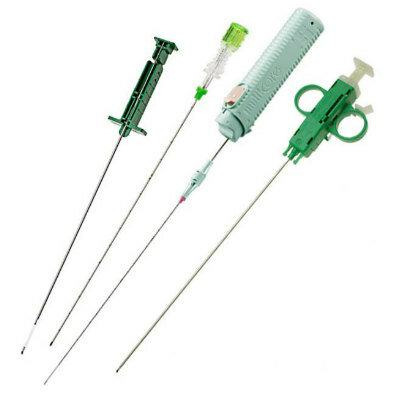Imbalanced Hospital Advertising Raises Ethical Questions
By HospiMedica International staff writers
Posted on 09 Feb 2015
A new study suggests that reliable and unbiased health information may be hard to identify among the growing number of medical care advertisements published online.Posted on 09 Feb 2015
Researchers at the University of Pittsburgh (PA, USA) and Carnegie Mellon University (CMU, Pittsburgh, PA, USA) argue that while the Internet offers patients valuable data and tools—including hospital quality ratings and professional treatment guidelines—that may help them when facing decisions about where to seek care or whether to undergo a medical procedure, reliable and unbiased information may be hard to come by in the myriad of advertising ventures.
The researchers identified four risk concerns for patients seeking medical information online. These include the problem of identifying advertising, as hospital websites often have the appearance of an education portal, leaving patients to assume that the information presented is informational. A second issue is finding unbiased information, since hospital advertising is subject to the same standards applied to advertisements for consumer goods, such as cars or cereal. While hospital advertisements may describe specific medical interventions that entail significant risks, there is no legal requirement that these risks be disclosed.
The third issue is that incomplete, imbalanced, or poor-quality medical information is hard to recognize, unless the person reading it is a trained clinician. And finally, as patients seek out health information online, the quality of their decision-making and care choices will be influenced by the accuracy or inaccuracy of the information they are likely to encounter; but valuable online health information may be hard to identify amid the advertisements. The commentary was published on January 12, 2015, in JAMA Internal Medicine.
“The marketing objective of selling services by making them seem attractive to consumers can create tensions or outright conflict with the ethical imperative of respect for persons, since the latter requires that patients make medical decisions in light of balanced information about the full range of risks and benefits associated with their care,” said study co-author professor of philosophy Alex John London, PhD, director of the CMU Center for Ethics and Policy.
Related Links:
University of Pittsburgh
Carnegie Mellon University














